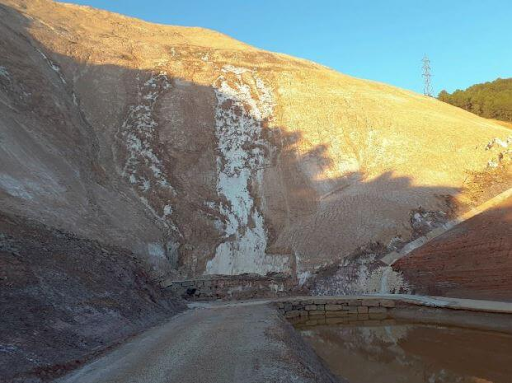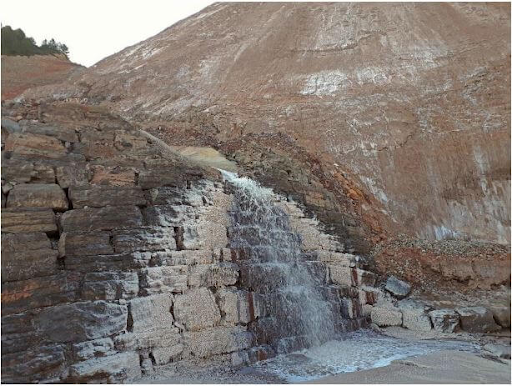In 2020, ICL Iberia was certified for UNE 22470 and 22480 standards, known as the Towards Sustainable Mining (TSM) Initiative, which accredited ICL Iberia as a sustainable mining company.
Spain is the first European country to adopt these standards, promoted by the global leadership of the Mining Association of Canada (MAC).
The TSM initiative, which has been approved and is currently regulated by the Spanish Standardization Authority, requires mining companies to annually audit their performance in key areas. These include tailings management, community outreach, health, safety, biodiversity conservation, crisis management, energy consumption, greenhouse gas emission management and the prevention of child and forced labor. The audit report is available to the public and is externally verified every three years to ensure reporting accuracy.
As part of its sustainable mining model, ICL Iberia signed an agreement in April 2021 with the Catalan Water Agency (ACA) for the construction of a new brine collector. This will enable the Company to promote a major industrial sustainability project.







